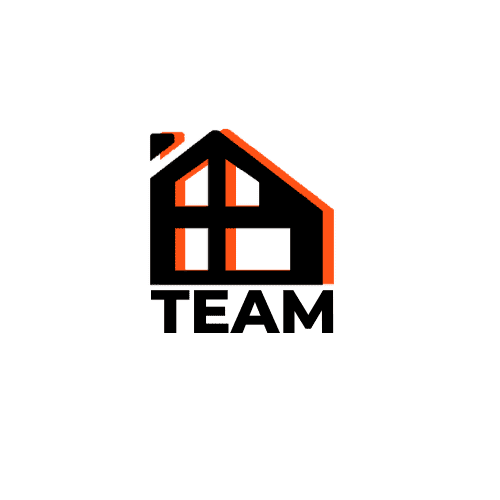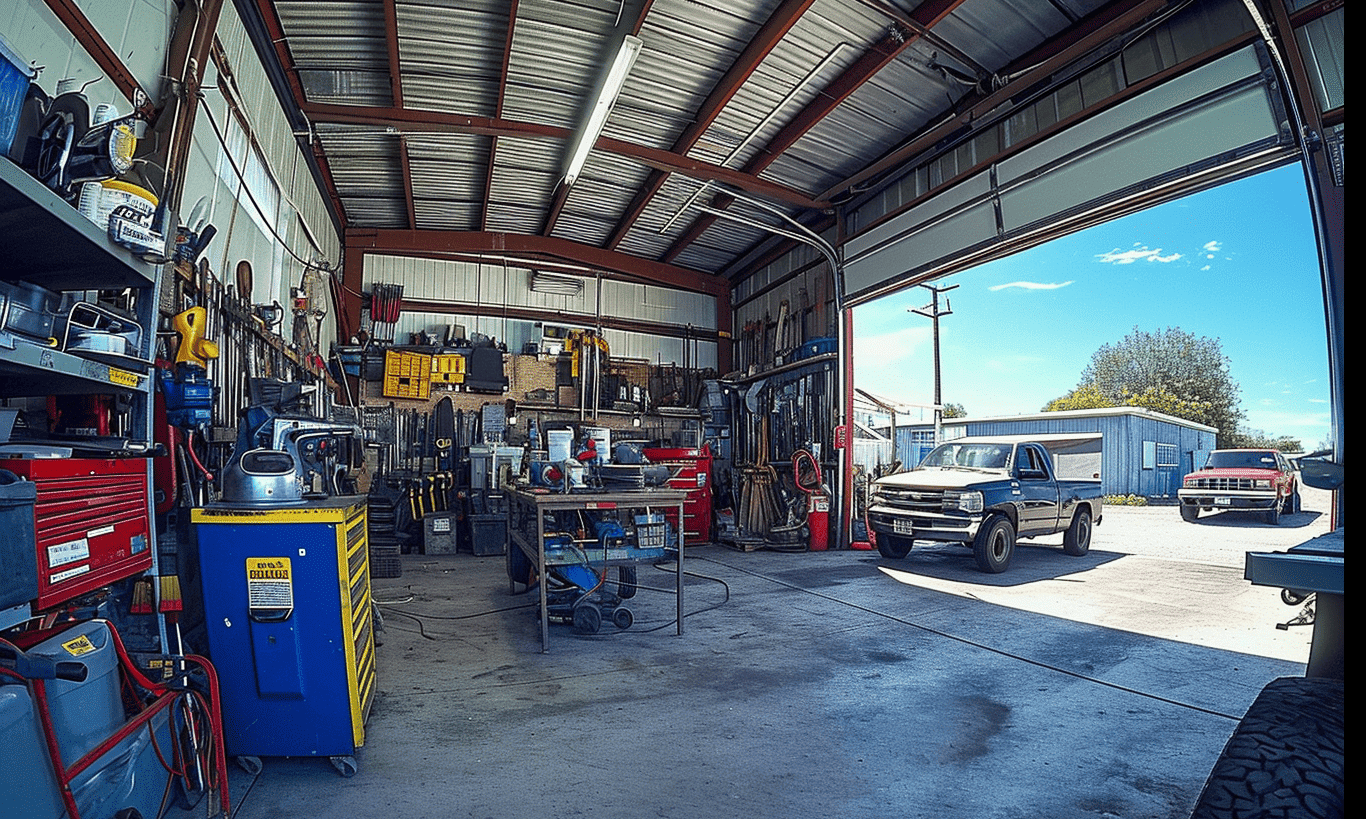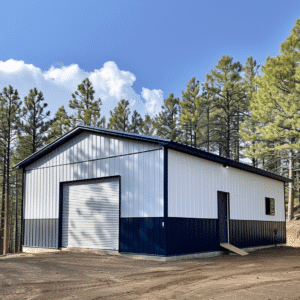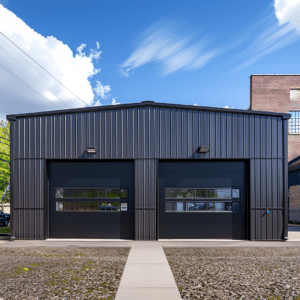In the bustling world of construction, personal safety responsibility may not always be at the forefront of every worker’s mind amidst deadlines and machinery. Yet, it’s the cornerstone of a contractor’s survival kit. Why risk one’s well-being when a few mindful actions can avert mishaps? Let’s delve deep into how personal safety responsibility forms the bedrock of a thriving construction environment.
The Cornerstone of Personal Safety Responsibility
Imagine embarking on a construction project without a safety net, quite literally. Personal safety responsibility in construction is akin to the trusty seatbelt in your car—it should be automatic, non-negotiable, and lifesaving. Being alert, well-informed, and proactive are the building blocks that assure not only individual safety but also uphold the overall safety ethos of the construction site.
Identifying Hazards: The First Step towards Safety
Think of hazard identification as your safety radar. It’s crucial to be vigilant about potential dangers lurking in the daily grind of construction. Electric shocks, falls, ground slips—each is a reminder of what the absence of awareness can lead to. Let’s remember, being informed is being forewarned. One step to achieving this is through effective Safety training for construction which can equip workers with the necessary skills to identify and mitigate risks.
The Right Gear: Your Safety Armor
Picture gearing up like a knight before charging into battle. Proper Personal Protective Equipment (PPE) is not just an add-on; it’s essential. Helmets, gloves, eye protection, and harnesses—each tailored to protect against specific worksite dangers. It’s more than a necessity; it’s a promise of safeguarding oneself.
Education and Training: Fortifying the Fortress of Safety
Training is not a one-time affair but a continuous process like learning to swim before diving into the ocean. Comprehensive services are available to ensure workers remain updated with the latest safety protocols. Ongoing education empowers workers to not only protect themselves but also to become proactive safety advocates among their peers.
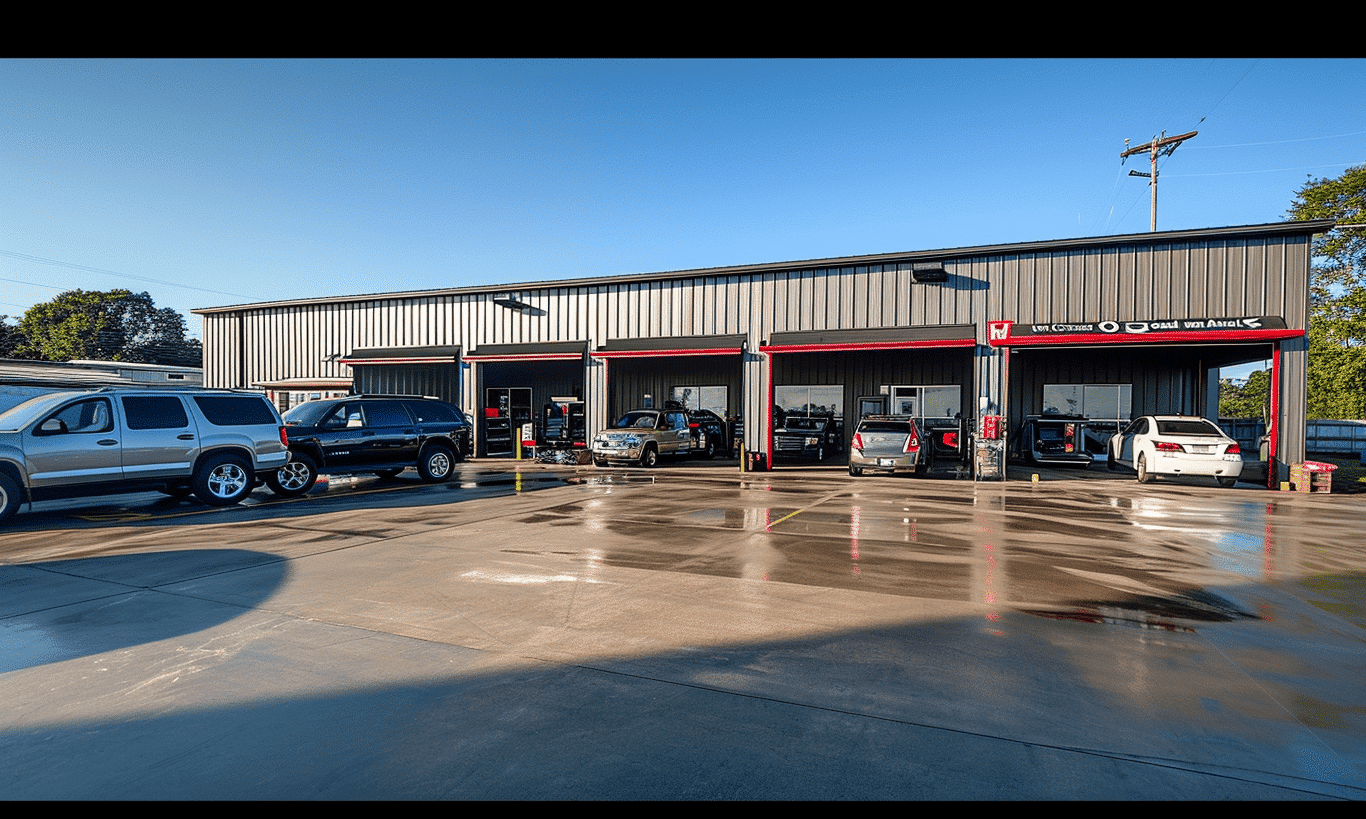
Government Regulations: The Guiding Light
The Government of Canada – Personal Safety Responsibility has laid down meticulous guidelines, emphasizing the importance of adhering to safety norms. These guidelines are not mere suggestions but are critical for ensuring a safe working environment. Compliance is not just a legal obligation but a moral compass guiding industries toward the sanctity of life and limb.
Workplace Ergonomics: A Pillar of Safety
A typical construction scenario might not evoke images of comfy chairs and ergonomic desks. However, Workplace ergonomics in construction involves configuring tasks, equipment, and environments to minimize work-related injuries. It’s about crafting a workspace where the form follows function, thereby preventing strain and injury.
Fostering a Safety-First Culture
Creating a culture where personal safety responsibility is as natural as breathing is imperative. It nurtures a community aware of their safety and that of their colleagues. It becomes a rallying point—a shared commitment to minimizing risks.
A Communicative Environment: The Safety Barricade
The “why” behind nurturing open lines of communication cannot be overstated. Think of it as the cornerstone of a safety barricade. Engaging discussions on safety protocols ensure that everyone is on the same page. Open dialogue encourages workers to voice concerns, suggest improvements, and foster a collaborative approach toward safety.
Monitoring and Maintenance: The Eternal Vigil
Routine inspections and maintenance checks are the vigilant sentinels on duty. They ensure that equipment is in top shape, and any mechanical gremlins are addressed promptly. Remember, a stitch in time saves nine—maintenance today prevents mishaps tomorrow.
Technological Advancements: The New Frontier
With technology advancing at breakneck speed, utilizing tech innovations like wearables and advanced monitoring systems can be revolutionary. These advancements not only aid in maintaining safety but also provide real-time data to preemptively tackle safety challenges.
Conclusion: Building a Secure Tomorrow
Taking ownership of personal safety responsibility in construction is a shared journey toward a secure tomorrow. Embracing safety measures, staying informed, adhering to governmental guidelines, and leveraging technology creates a robust foundation. At Your Building Team, we believe that fostering such a culture builds not only structures but also a legacy of safety.
By diligently nurturing personal safety responsibility, we lay the groundwork for a construction landscape where safety is never compromised, ensuring that each worker goes home safely, every day. In the words of wisdom—safety is not a gadget but a state of mind.
